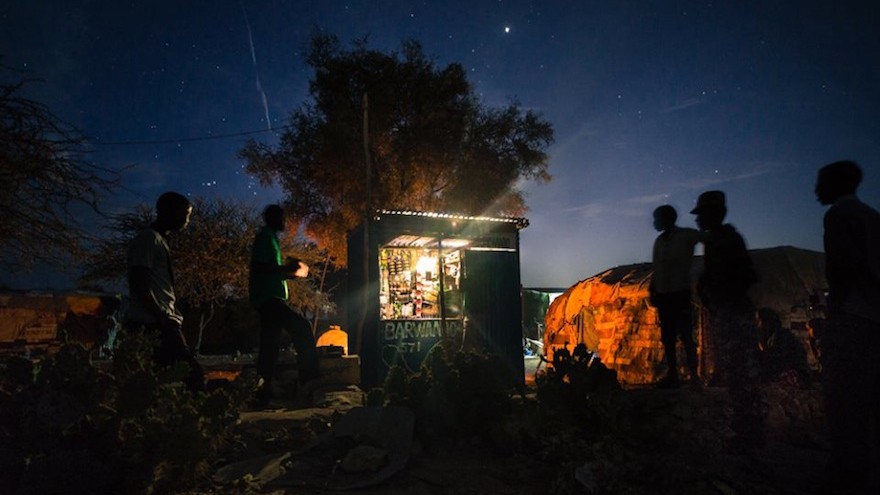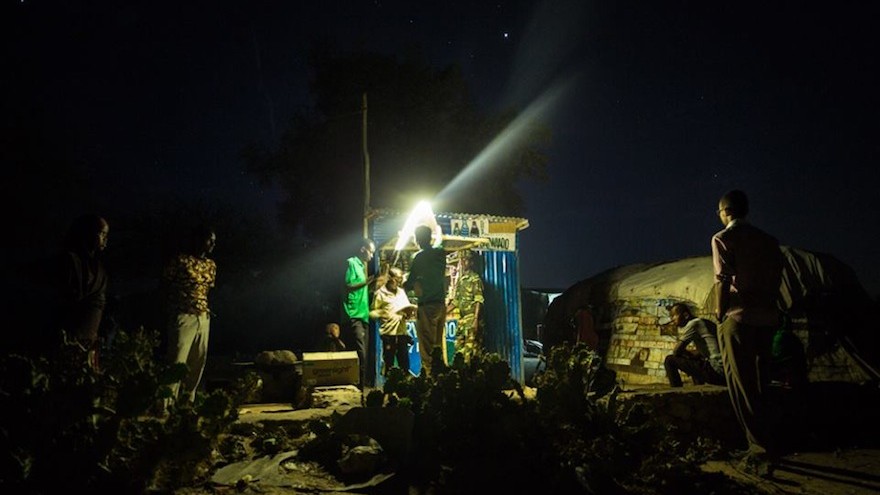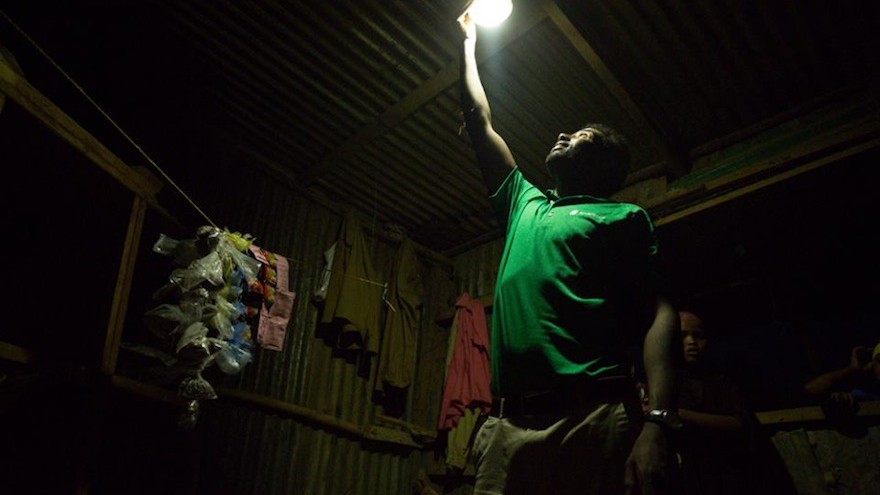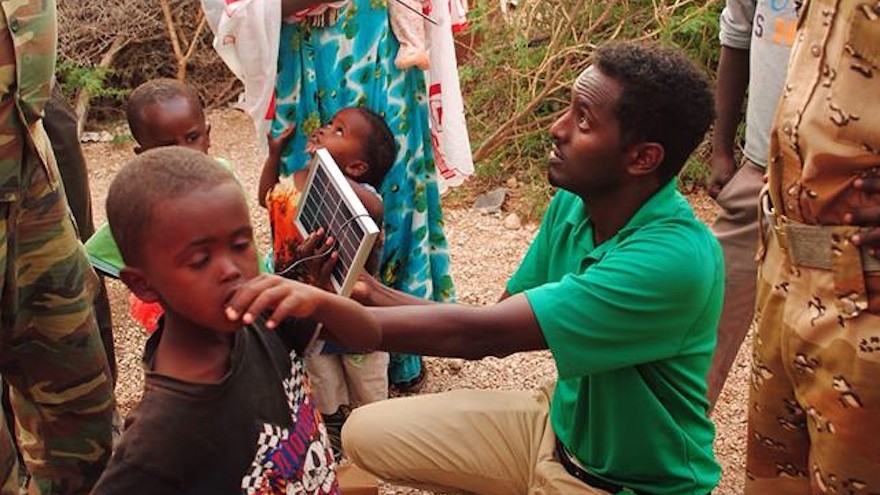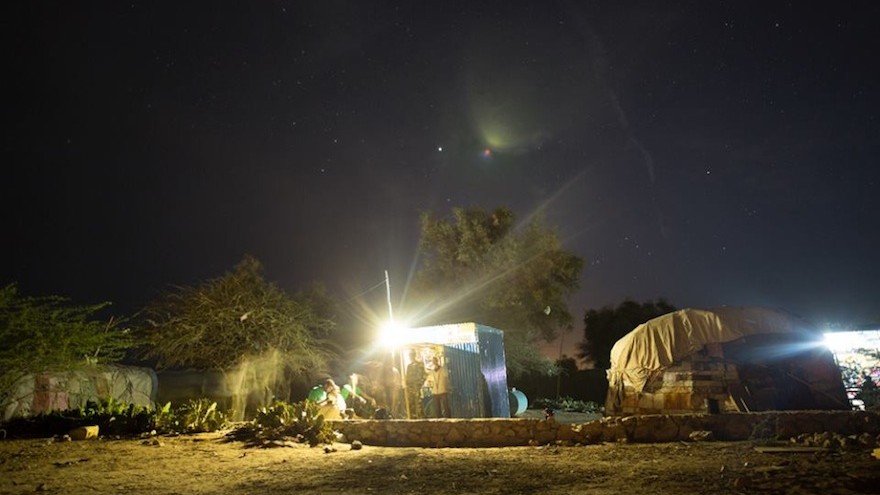In the United States, the average person spends three per cent of their income on energy. In Somaliland, where incomes are low and access to energy scarce, the average person has to spend over 30 per cent of their income on energy needs, paying some of the highest prices for electricity in the world. Energy is commonly produced with big, inefficient diesel-consuming generators, whose fuel is trucked in from neighbouring countries. This imported diesel drives the price of the energy up, and without a reliable grid system, many Somaliland people are subject to regular power outage.
Two American students founded Qorax Energy in 2012: Nigel Carr, who was working at the time for an energy solutions company called Bright Solutions, and Christian Desrosiers, who had spent a year working at the Abaarso Tech University, the Ministry of National Planning & Development, and for the Oromia Support Group. Desrosiers had witnessed firsthand the problems associated with the distribution of affordable energy. The third partner in the Qorax business is Somalilander Abdishakur Mohamoud.
Qorax offers an interesting business plan for distributing solar power in Somaliland: recognising the potential for off-grid energy solutions, the start-up doesn’t plan to send in foreign contractors. Instead, Qorax is working to establish local for-profits run by Somaliland people, equipping them with the knowledge and skills to provide their own on-the-ground energy networks.
The peculiarities of Somaliland’s energy economy make it an interesting place for clean-tech entrepreneurs. With extortionate existing electricity rates, it is easy to undercut the current market price and offer a significantly better price to locals, while still making an attractive profit. In post-conflict countries like Somaliland where infrastructure is so poor, there is great potential for solar energy to leapfrog traditional grid networks, just as mobile phones did with landlines, quickly becoming more widely distributed and making the older technologies obsolete.
600 million people in Sub-Saharan Africa live without access to clean, affordable electricity, and 25 per cent of this number are living in regions perceived to be too risky or remote. Qorax was founded to bring vital electricity to those places first. Their programmes focus on Somalia, Somaliland and the Democratic Republic of Congo.
Energy is key to development and to community or national self-reliance. With companies like Qorax, post-conflict developing nations are moving towards resolving their energy problems with renewable energy.
“Our portfolio companies [called Enersom in Somaliland and Somalia and ALTech in the Democratic Republic of Congo] have sold over 17 000 solar products and we are collaborating with the World Bank on energy research in Somalia,” says cofounder Desrosiers. “In Somaliland and Somalia, our for-profit subsidiary is lead by Abdishakur, a Qorax co-founder. All of the staff is local. We provide on-the-job skills training on an as-needed basis. In the DRC, we acquired a stake in a local company. All staff there is local as well.
“We source our products from leading solar suppliers as rated by MIT D-Lab, MIT CITE, USAID, and the World Bank. Our solar products pay for themselves in avoided costs very quickly. They save consumers money.”
The word Qorax (pronounces “kor-ah”) is a Somalian word mean sunshine.

